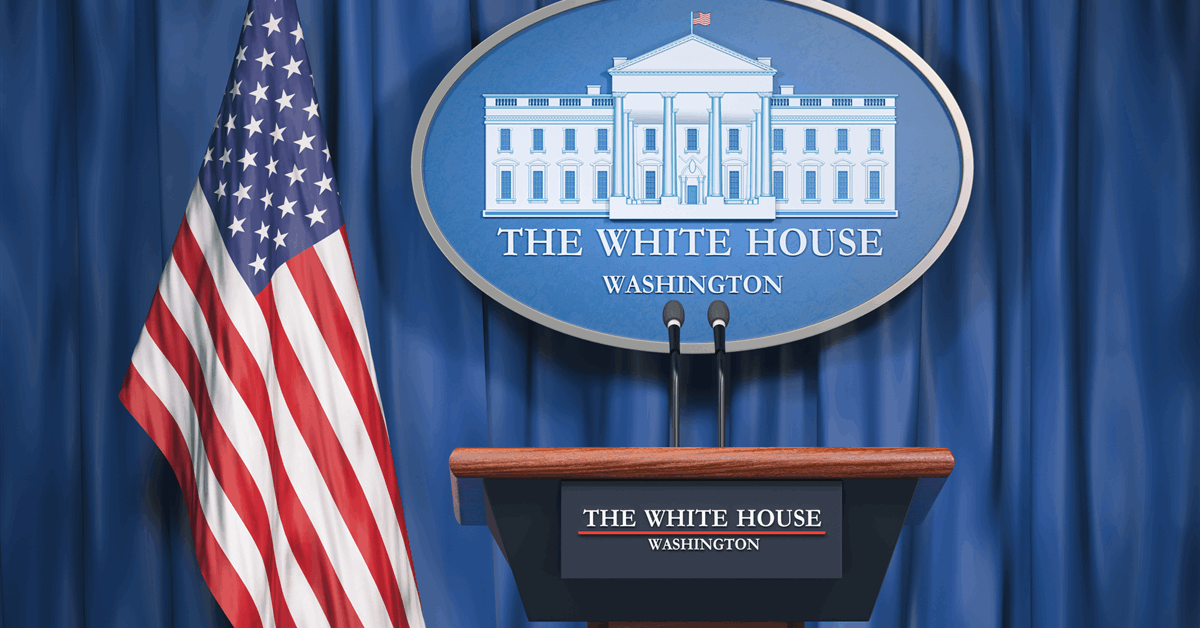
The Trump administration warned Tuesday it would “retaliate” against fellow member states at the International Maritime Organization (IMO) if the IMO Net Zero Framework pushes through, saying the draft regulations would “unfairly” burden the United States.
Last April the IMO’s Marine Environment Protection Committee approved what the IMO said was the first policy in the world “to combine mandatory emissions limits and GHG pricing across an entire industry sector”.
The Net Zero Framework is set to be formally adopted October 2025 before entry into force 2027, according to the IMO.
“President Trump has made it clear that the United States will not accept any international environmental agreement that unduly or unfairly burdens the United States or harms the interests of the American people”, said a joint statement by the U.S. secretaries of state, commerce, energy and transport.
“Whatever its stated goals, the proposed framework is effectively a global carbon tax on Americans levied by an unaccountable UN organization”, the statement added.
“These fuel standards would conveniently benefit China by requiring the use of expensive fuels unavailable at global scale.
“These standards would also preclude the use of proven technologies that fuel global shipping fleets, including lower emissions options where U.S. industry leads such as liquified natural gas and biofuels.
“Under this framework, ships will have to pay fees for failing to meet unattainable fuel standards and emissions targets. These fees will drive up energy and transportation and leisure cruise costs. Even small vessels would incur millions of dollars in fees, directly driving up costs for American consumers”.
The statement warned, “Our fellow IMO members should be on notice that we will look for their support against this action and not hesitate to retaliate or explore remedies for our citizens should this endeavor fail”.
Rigzone asked the IMO and China’s Foreign Affairs Ministry for comment.
The Net Zero Framework would be mandatory for ships of over 5,000 gross tonnage, which “emit 85 percent of the total CO2 emissions from international shipping”, the IMO said in a statement April 11.
Under the draft regulations, “ships must reduce, over time, their annual greenhouse gas fuel intensity (GFI) – that is, how much GHG is emitted for each unit of energy used”, the IMO said. “This is calculated using a well-to-wake approach.
“Ships emitting above GFI thresholds will have to acquire remedial units to balance its [sic] deficit emissions, while those using zero or near-zero GHG technologies will be eligible for financial rewards.
“There will be two levels of compliance with GHG Fuel Intensity targets: a Base Target and a Direct Compliance Target at which ships would be eligible to earn ‘surplus units’.
“Ships that emit above the set thresholds can balance their emissions deficit by: transferring surplus units from other ships; using surplus units they have already banked; using remedial units acquired through contributions to the IMO Net-Zero Fund”.
The fund will be established to collect pricing contributions from emissions, which would be used to “reward low-emission ships; support innovation, research, infrastructure and just transition initiatives in developing countries; fund training, technology transfer and capacity building to support the IMO GHG Strategy; and mitigate negative impacts on vulnerable states, such as Small Island Developing States and Least Developed Countries”.
In July 2023 the IMO committed to achieving net zero emissions in the shipping sector come 2050, agreeing to set a pricing mechanism for emissions and enforce a fuel standard.
To contact the author, email [email protected]
What do you think? We’d love to hear from you, join the conversation on the
Rigzone Energy Network.
The Rigzone Energy Network is a new social experience created for you and all energy professionals to Speak Up about our industry, share knowledge, connect with peers and industry insiders and engage in a professional community that will empower your career in energy.
MORE FROM THIS AUTHOR





















